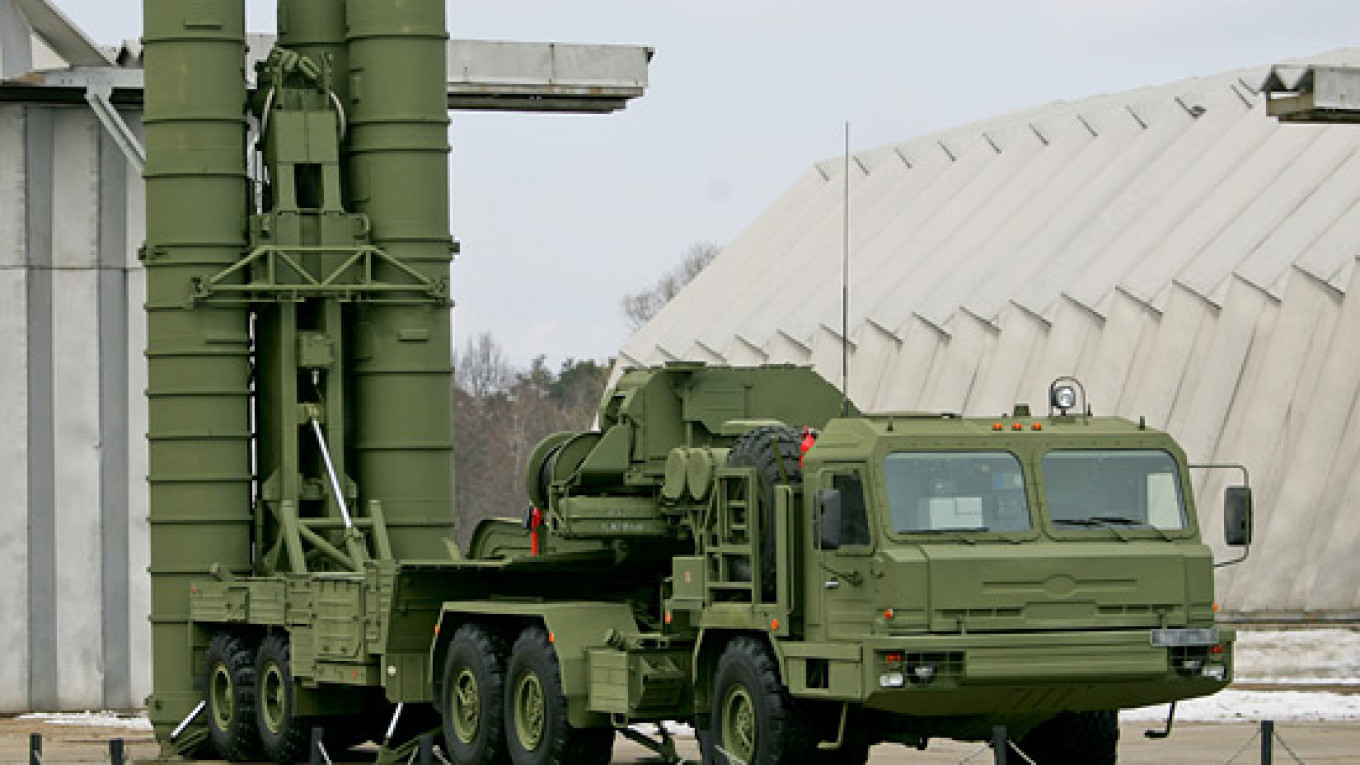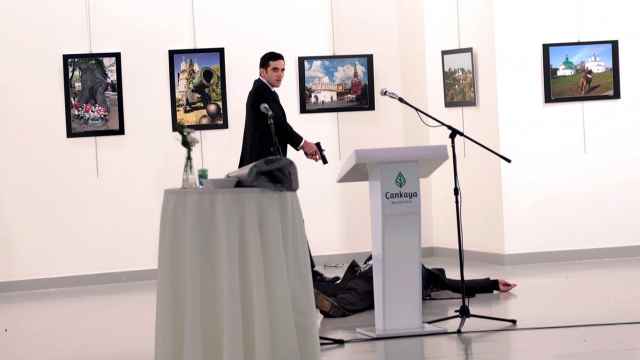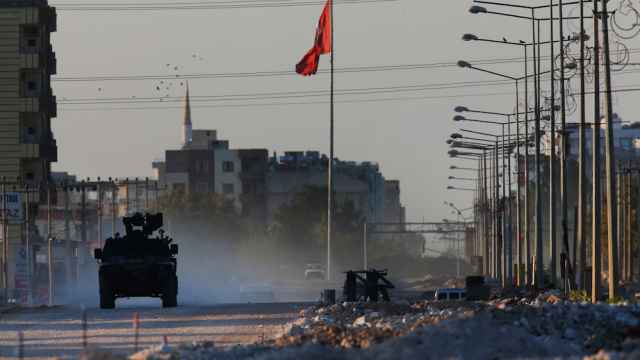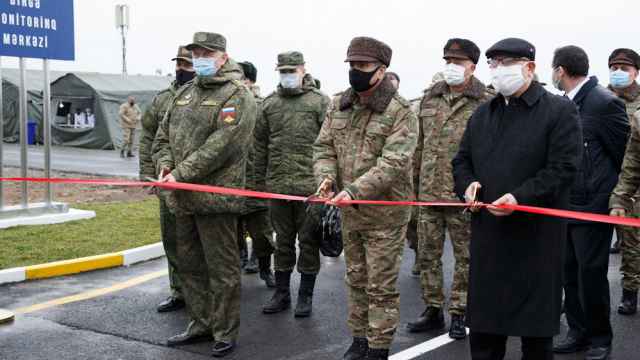Russia hopes to seal a deal to supply Turkey with more S-400 missile systems in the first half of next year, the head of Russian state arms exporter Rosoboronexport was cited on Tuesday as saying.
Such a move could further sour ties between Turkey and the United States, which has suspended Ankara from the F-35 stealth fighter jet program, in which it was a producer and buyer, to punish it for buying S-400 batteries earlier this year.
Washington has also warned of possible U.S. sanctions, saying the missiles are not compatible with NATO defenses, but has not yet imposed them. A senior U.S. State Department official said last week that Turkey needed to get rid of the S-400s it had already bought to mend fences.
But Rosoboronexport's Alexander Mikheev told RIA news agency Moscow and Ankara were actively discussing Ankara taking up an option in the original contract for it to receive more S-400 systems, with talks focused on financial questions.
"We hope that in the first half of 2020 we will sign the contract documents," RIA cited Mikheev as saying. "But I want to stress that military technical cooperation with Turkey is not limited to the supply of the S-400s. We have big plans ahead."
At a meeting in the White House earlier this month, U.S. President Donald Trump and Turkish President Tayyip Erdogan agreed to ask their respective ministers and national security advisers to work on resolving the S-400 issue.
"We need to see where we get with these efforts," broadcaster NTV reported Erdogan as saying on Tuesday of the talks, which he said would continue between the two NATO allies until April.
After the delivery of S-400 parts to Turkey began in July, Erdogan said the system would be fully deployed by April 2020.
Issue "related to NATO"
Turkish state media cited Foreign Minister Mevlut Cavusoglu as saying the United States should agree to NATO experts being involved in its talks with Turkey on the S-400s.
Erdogan is set to attend a summit of NATO heads of state and government in London on Dec. 3-4.
Turkish media said on Monday F-16 warplanes would fly over the country's capital Ankara to test the S-400 system, but Turkish officials have not confirmed that such tests took place.
Rosoboronexport's Mikheev said the new S-400 deal option, if signed, would cover a new regiment of the defense systems and some of the components would be produced in Turkey but that it was premature to talk about which and how many.
U.S. efforts to stop other countries buying Russian military hardware had not been as effective as Washington hoped, Mikheev said.
"You can see how confident India, China, Turkey and other countries are on the international stage," he said. "Many are openly outraged by U.S. sanctions policy, which is trying to prevent them from developing their own armed forces and technical military cooperation with Russia."
Erdogan told members of his AK party in parliament that the country's long-planned, locally made jet fighter should be ready for flight in 5-6 years. Ankara had previously aimed to hold the first flight by 2023.
He also said Turkey would invest in a facility to allow the charging and filling of the detonators produced for F-16 jets and drones to be manufactured locally.
While the United States has not yet imposed any sanctions on Turkey for its S-400 deal with Russia, possible limitations may threaten upgrades to Ankara's existing fleet of F-16 jets.
A Message from The Moscow Times:
Dear readers,
We are facing unprecedented challenges. Russia's Prosecutor General's Office has designated The Moscow Times as an "undesirable" organization, criminalizing our work and putting our staff at risk of prosecution. This follows our earlier unjust labeling as a "foreign agent."
These actions are direct attempts to silence independent journalism in Russia. The authorities claim our work "discredits the decisions of the Russian leadership." We see things differently: we strive to provide accurate, unbiased reporting on Russia.
We, the journalists of The Moscow Times, refuse to be silenced. But to continue our work, we need your help.
Your support, no matter how small, makes a world of difference. If you can, please support us monthly starting from just $2. It's quick to set up, and every contribution makes a significant impact.
By supporting The Moscow Times, you're defending open, independent journalism in the face of repression. Thank you for standing with us.
Remind me later.






